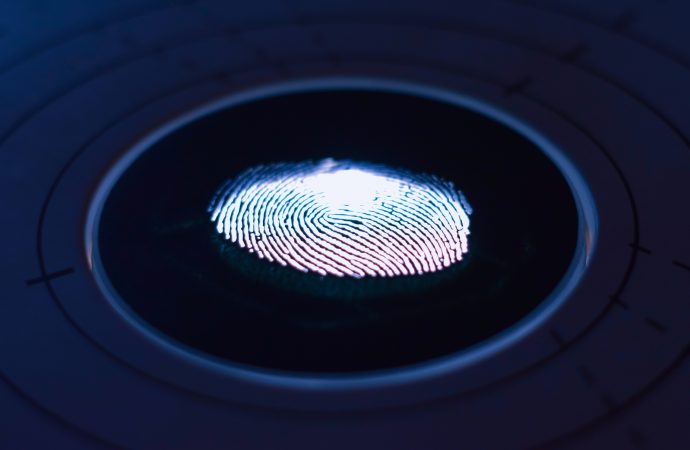Introduction: In an era where scientific advancements constantly push the boundaries of what is possible, the emergence of airborne DNA collection technology raises important ethical questions. This innovative approach to gathering genetic information has significant implications for personal privacy, consent, and the potential misuse of individuals’ genetic data. Understanding the ethical considerations surrounding airborne DNA
Introduction:
In an era where scientific advancements constantly push the boundaries of what is possible, the emergence of airborne DNA collection technology raises important ethical questions. This innovative approach to gathering genetic information has significant implications for personal privacy, consent, and the potential misuse of individuals’ genetic data. Understanding the ethical considerations surrounding airborne DNA collection is crucial as society grapples with the intersection of science and privacy.
The concept of airborne DNA collection is rooted in the understanding that individuals shed genetic material into the environment through breath, skin cells, or other bodily fluids. Researchers have demonstrated the ability to capture and analyze this genetic material, opening up new possibilities for fields such as forensic science, public health, and personal genomics. However, these advancements also raise ethical concerns that must be addressed.
One of the primary ethical implications is the potential infringement upon personal privacy. Airborne DNA collection techniques have the capability to gather genetic information without the knowledge or consent of individuals. This raises questions about the extent to which individuals have control over their genetic data and the potential for unauthorized access, misuse, or discrimination based on this information.
Consent becomes a crucial aspect of ethical airborne DNA collection. Informed consent should be obtained from individuals before their genetic material is collected and analyzed. Individuals must have a clear understanding of the purpose, risks, and potential benefits of airborne DNA collection, as well as the option to refuse or withdraw consent at any time. Establishing robust consent procedures is essential to ensuring respect for individual autonomy and privacy.
Transparency and accountability are also vital when it comes to the use of airborne DNA collection technology. Organizations and researchers must be transparent about their intentions, data handling practices, and the potential implications of genetic information collection. Furthermore, appropriate safeguards must be in place to protect the security and privacy of genetic data throughout its lifecycle, including secure storage, limited access, and stringent data protection measures.
The potential for misuse or discrimination based on genetic information is another significant ethical concern. Airborne DNA collection raises the possibility of covert surveillance or profiling, where individuals’ genetic data is used to track their movements, infer personal traits, or make determinations about their health or behavior. This underscores the need for strong legal and regulatory frameworks that address the responsible use of genetic data and protect against misuse.
To mitigate the ethical implications of airborne DNA collection, stakeholders must engage in open and transparent discussions. Collaboration between scientists, policymakers, privacy advocates, and ethicists can foster a balanced approach that takes into account scientific progress while respecting individual rights. These discussions should explore the ethical considerations, potential risks, and necessary safeguards to ensure that the use of airborne DNA collection aligns with principles of autonomy, privacy, and beneficence.
Public education and awareness are crucial elements in navigating the ethical landscape of airborne DNA collection. By fostering a broader understanding of the technology and its implications, individuals can make informed decisions about their participation and contribute to the development of responsible practices. Public dialogue should involve discussions about the ethical limits of airborne DNA collection, potential risks to privacy, and ways to balance scientific advancements with individual rights.
Conclusion:
In conclusion, airborne DNA collection technology raises significant ethical considerations that must be addressed. As the ability to gather genetic information from the environment expands, society must grapple with questions of privacy, consent, and potential misuse. Striking a balance between scientific progress and ethical principles requires robust consent procedures, transparency, accountability, and collaboration among stakeholders. By addressing these ethical implications, we can ensure that the use of airborne DNA collection technology respects individual autonomy and protects personal privacy.

















Leave a Comment
Your email address will not be published. Required fields are marked with *